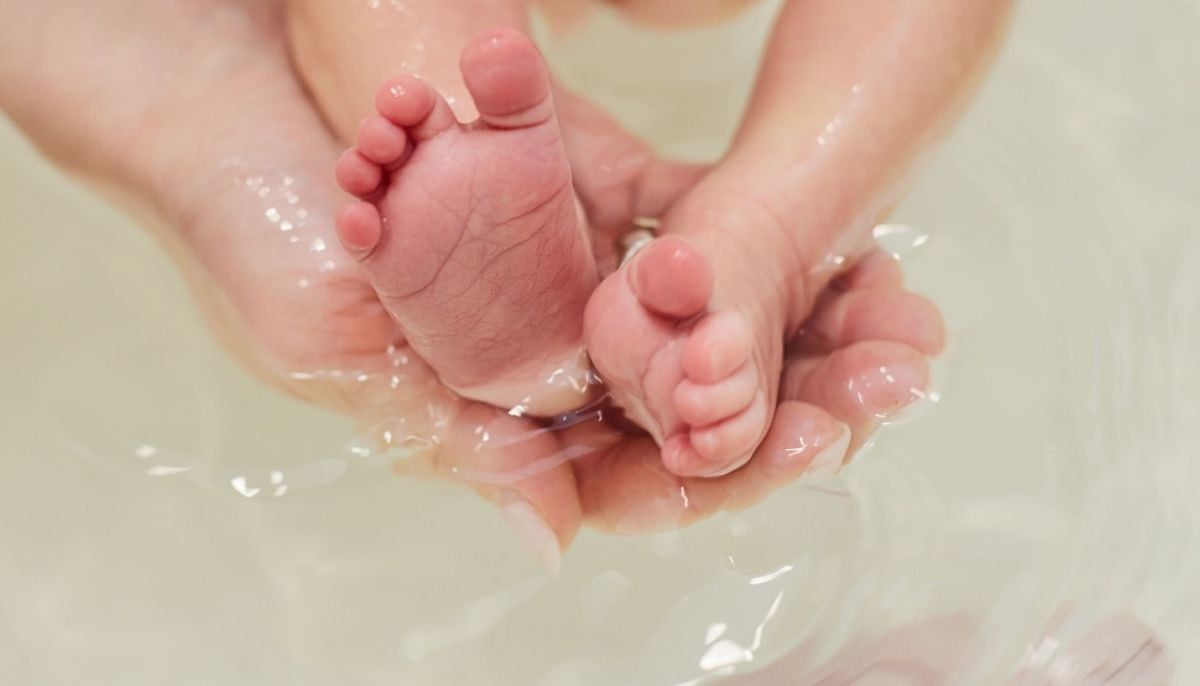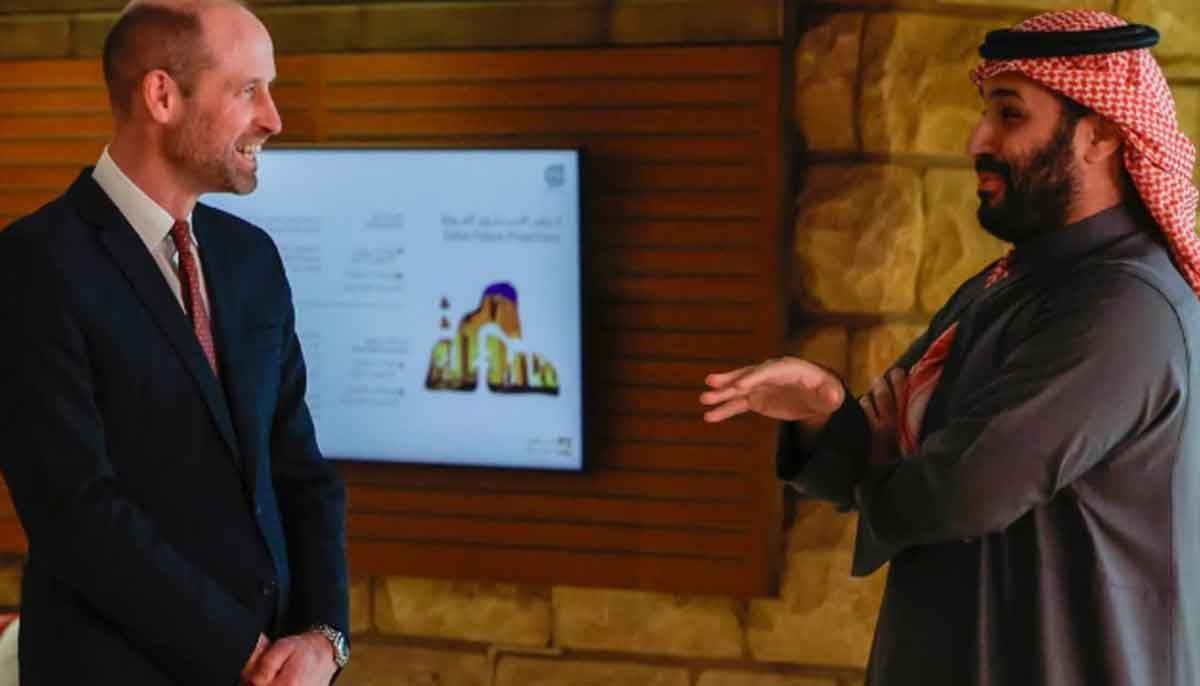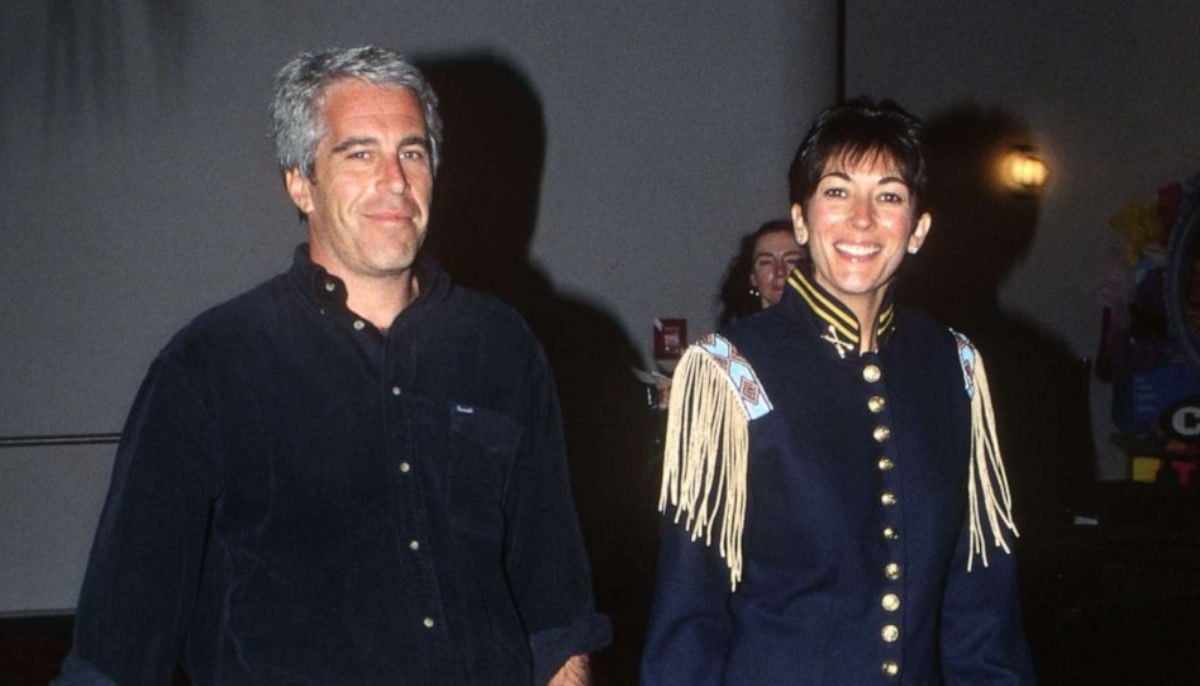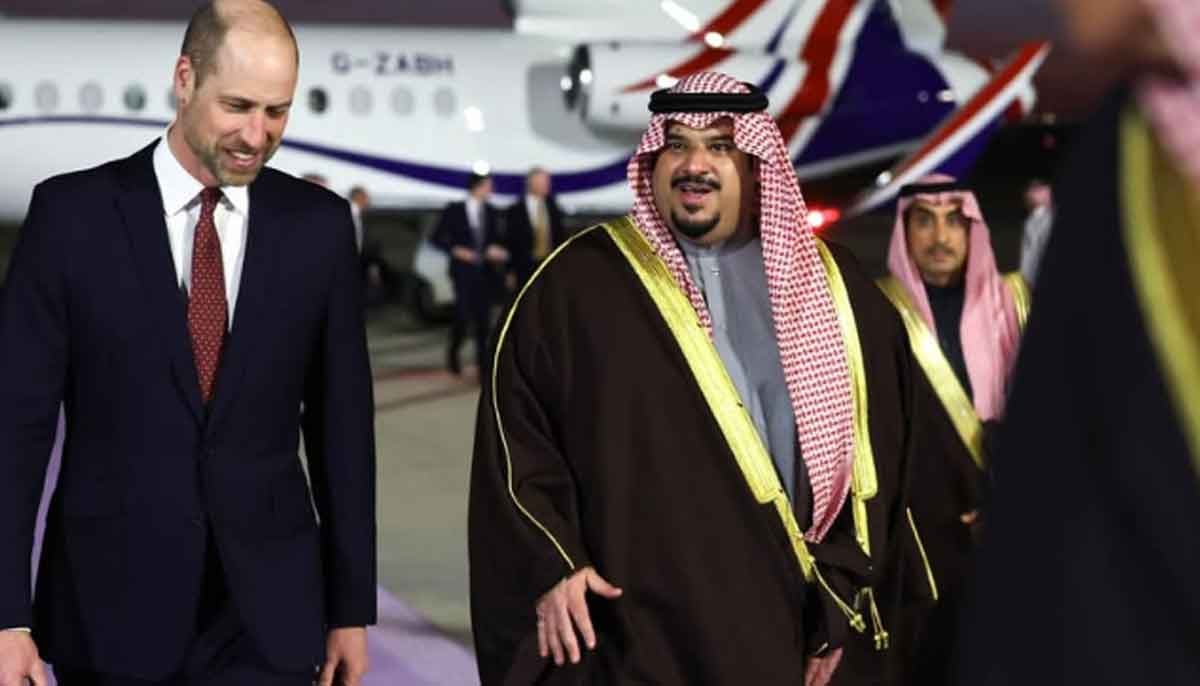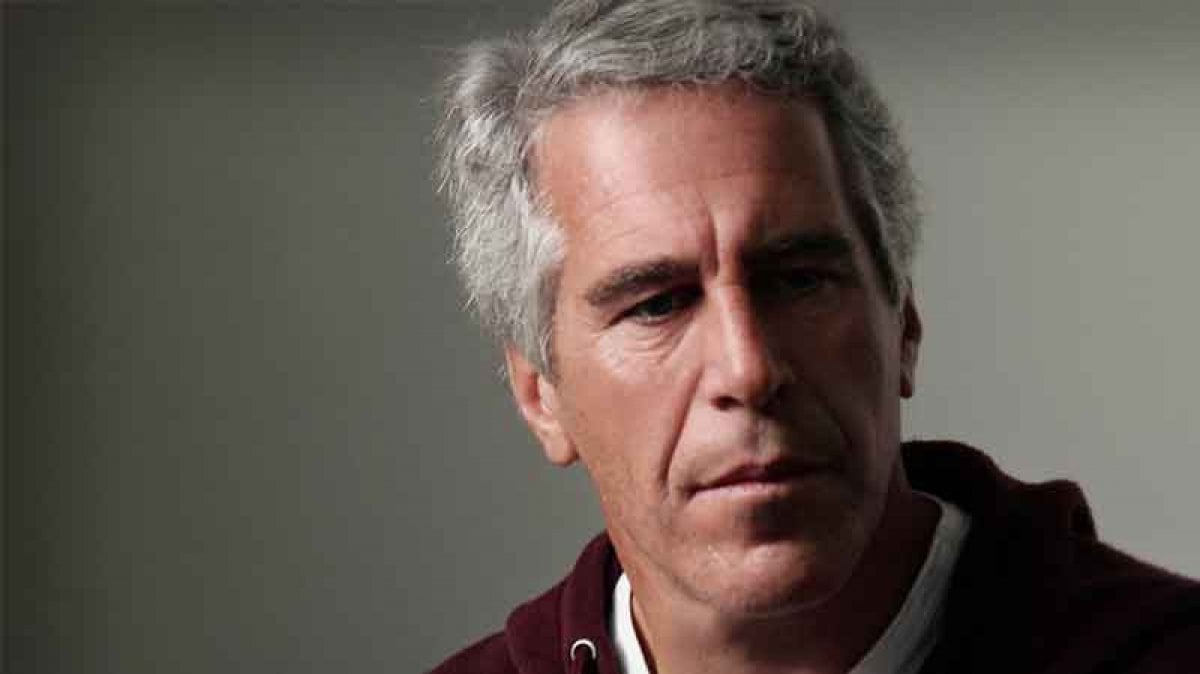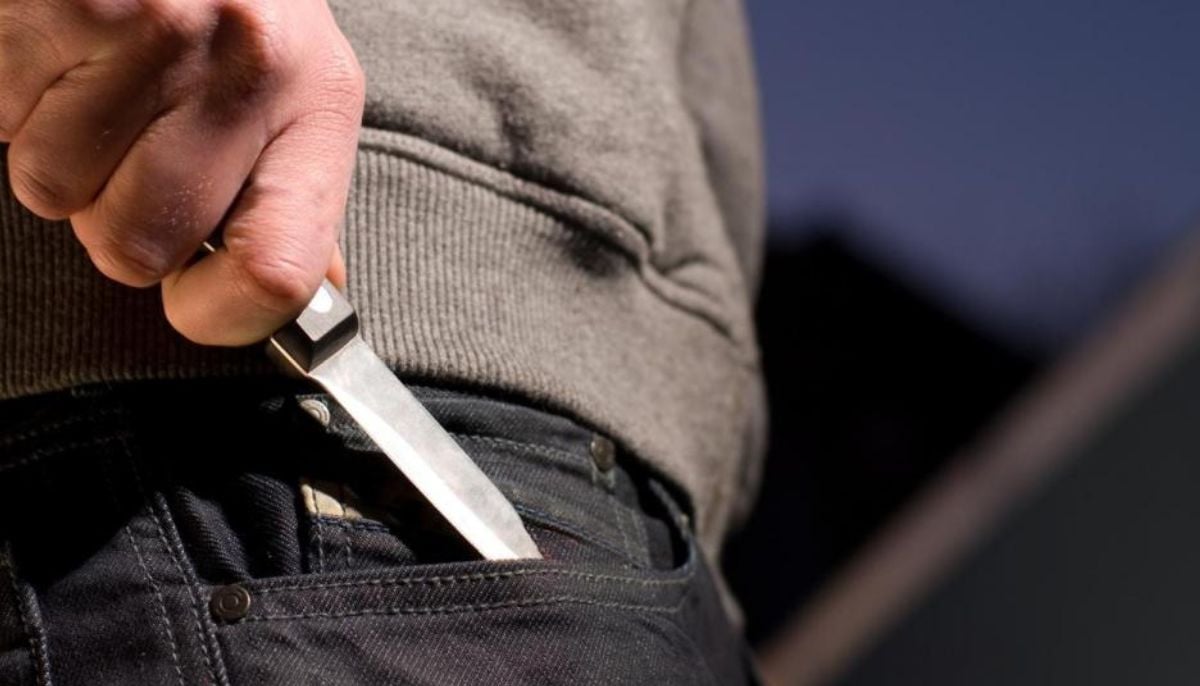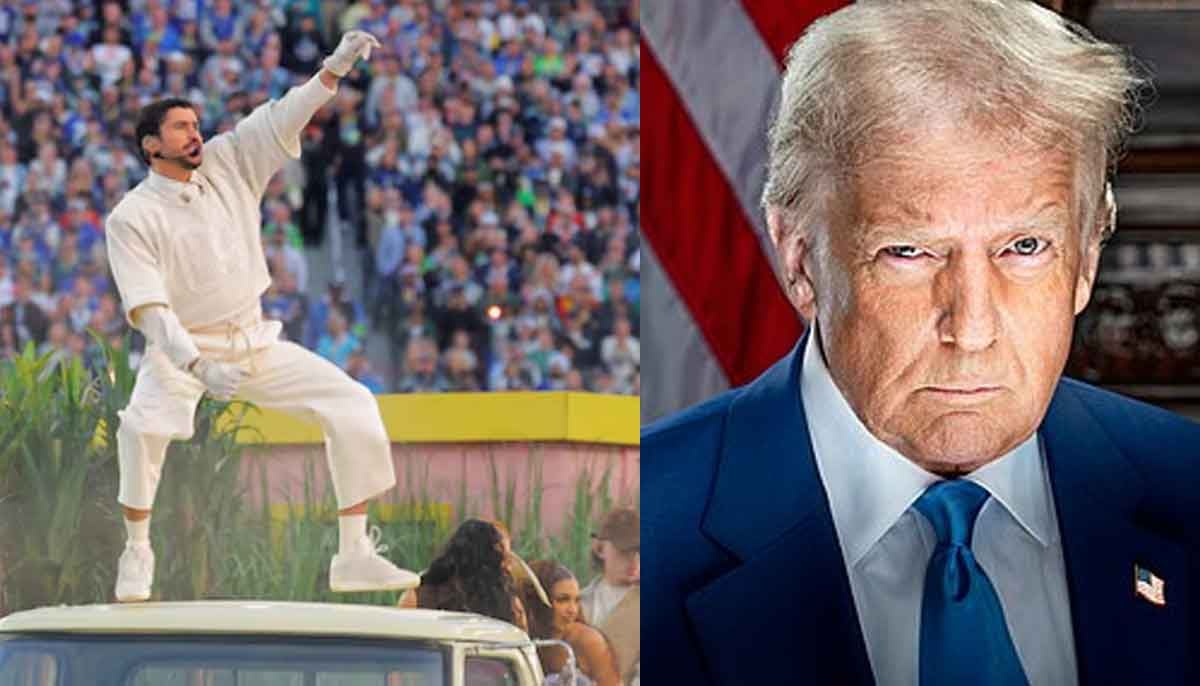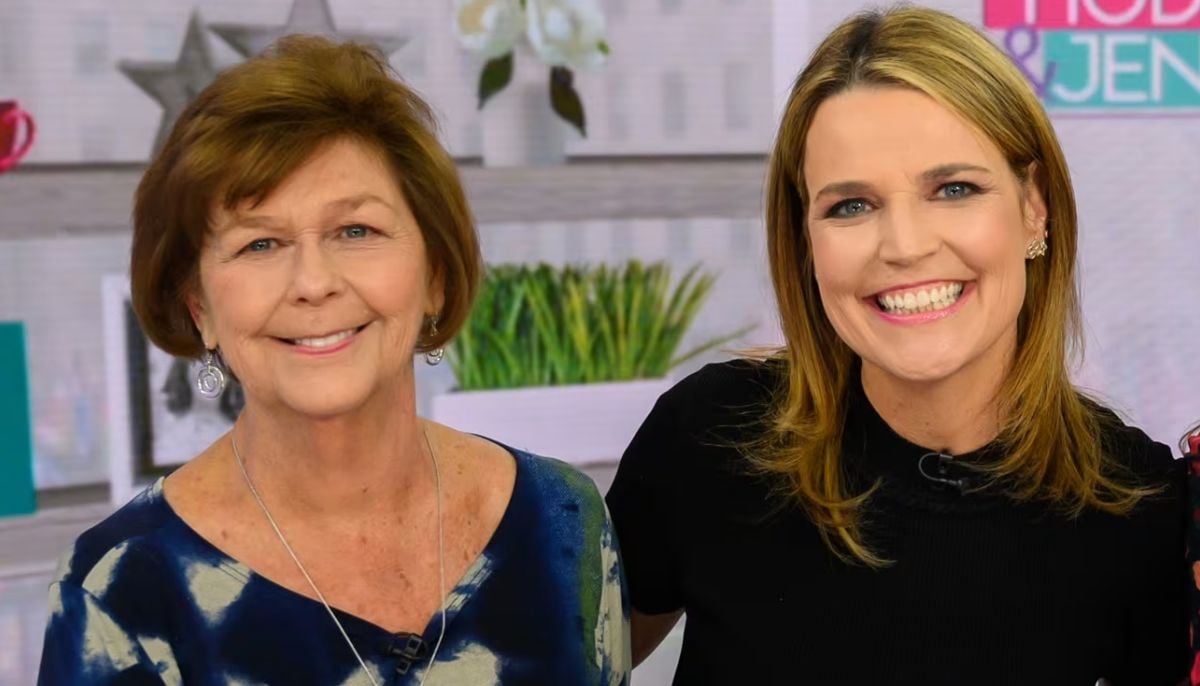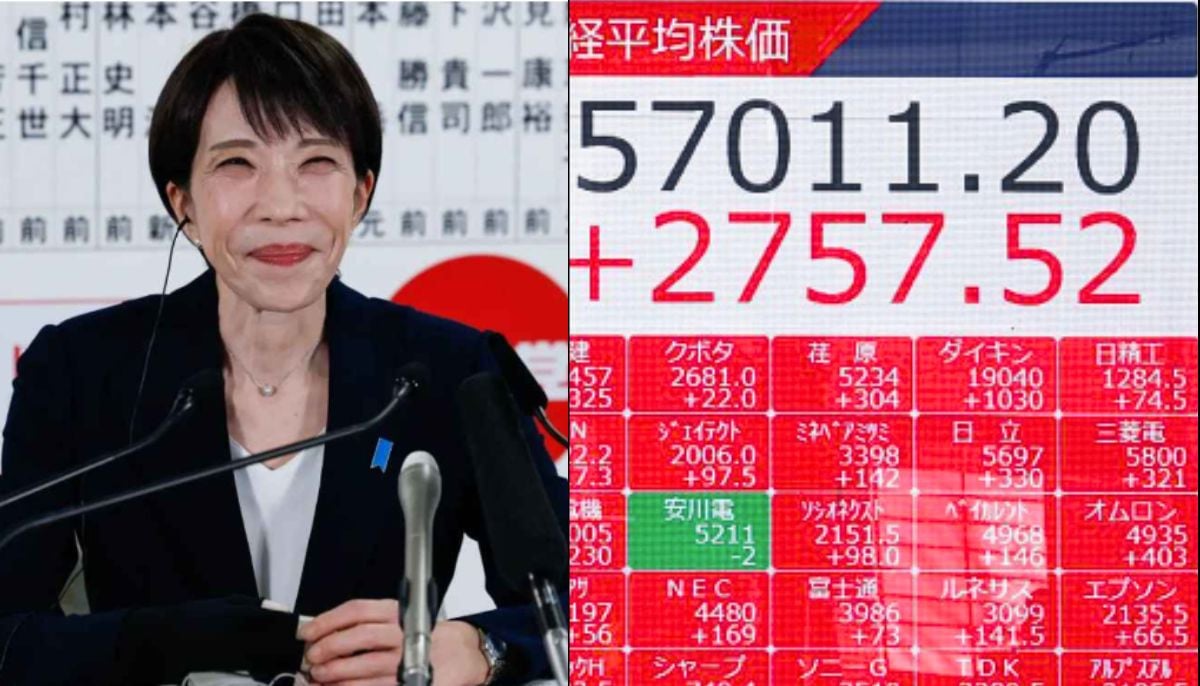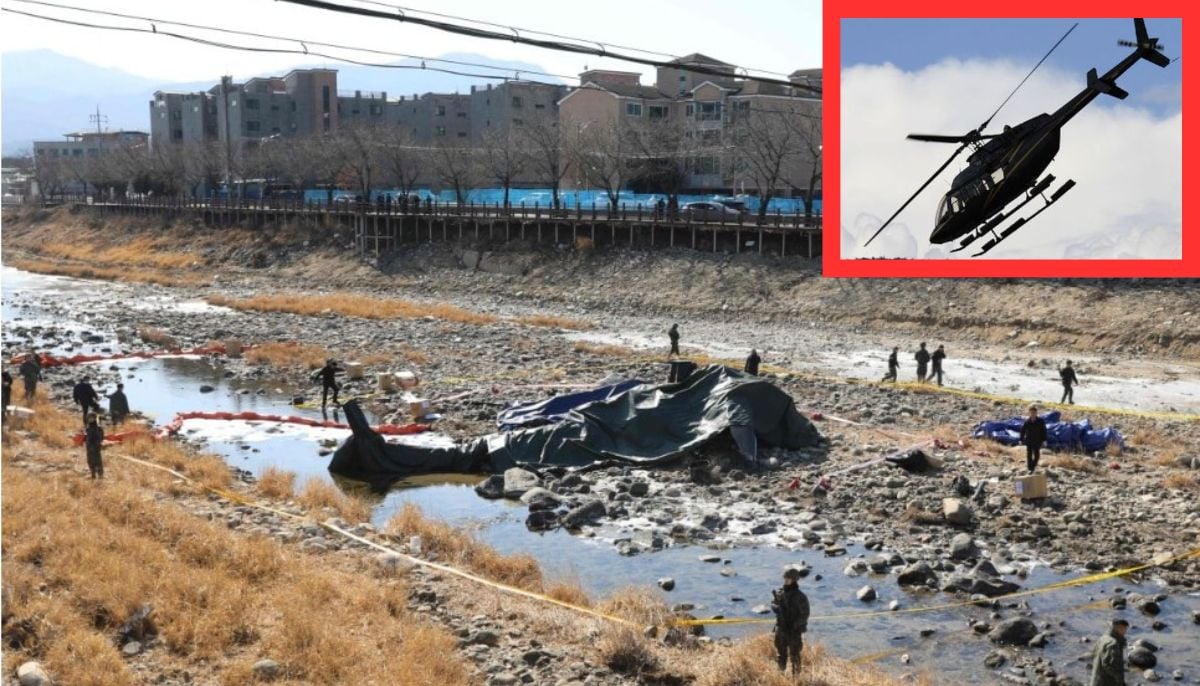Syrian war will go on despite Western strikes: British FM
British foreign minister Boris Johnson on Sunday said the Syrian war will inevitably continue after unprecedented Western strikes, which were limited to targeting the country´s alleged chemical weapons facilities.
LONDON: British foreign minister Boris Johnson on Sunday said the Syrian war will inevitably continue after unprecedented Western strikes, which were limited to targeting the country´s alleged chemical weapons facilities.
Britain and France on Saturday joined the US-led missile strikes, which came a week after a deadly attack on the town of Douma where civilians were hit with chlorine and sarin according to the Western powers.
Despite describing the intervention as "successful", Britain´s foreign minister said there were currently no plans for further attacks.
"I´m afraid that is the unhappy corollary of this that if we say we´re limiting our action to chemical weapons... then of course it follows that the rest of the Syrian war must proceed as it will," Johnson told BBC television.
British warplanes took part in the strikes, which destroyed sites suspected of hosting chemical weapons development and storage facilities.
The majority of the more than 350,000 victims of the seven-year conflict have been killed by conventional rather than chemical weapons.
But Johnson stressed the "overwhelming purpose" of the mission was a response to a series of chemical attacks in recent years.
"Finally the world has said enough is enough," he said.
Prime Minister Theresa May is expected to face a backlash on Monday when she addresses parliament, which will be followed by an emergency debate, with some MPs angry the government joined the US-led mission without first seeking their approval.
May was to tell parliament, "We have acted because it is in our national interest to do so."
Britain sought "to alleviate further humanitarian suffering caused by chemical weapons."
"... We cannot allow the use of chemical weapons to become normalised - either within Syria, on the streets of the UK or elsewhere."
A Survation poll for the Mail on Sunday newspaper found just 30 percent of people supported May´s decision to launch military without lawmakers´ approval, with 54 percent opposed.
Britain and its allies have since the strikes renewed diplomatic efforts at the United Nations, circulating a joint draft resolution at the Security Council calling for an investigation into chemical weapons attacks in Syria.
Negotiations on the proposals are due to start on Monday, a day after a delegation from the Organisation for the Prohibition of Chemical Weapons were due to arrive in Douma.
The team of experts are set to investigate the April 7 attack east of the capital Damascus, which the Syrian government and its Russian ally deny ever took place.
The OPCW itself had declared that the Syrian government´s chemical weapons stockpile had been removed in 2014, only to confirm later that sarin was used in a 2017 attack in the northern town of Khan Sheikhun.
-
Super Bowl 2026: Why didn't Epstein survivors ad air on TV?
-
Girl and grandfather attacked in knife assault outside Los Angeles home
-
Super Bowl halftime show 2026: What did Trump say about Bad Bunny?
-
Former NYPD detective says Nancy Guthrie's disappearance 'could be hoax'
-
Japan Elections: Stock surges record high as PM Sanae Takaichi secures historic victory
-
$44B sent by mistake: South Korea demands tougher crypto regulations
-
South Korea: Two killed as military helicopter crashes during training
-
Jake Paul criticizes Bad Bunny's Super Bowl LX Halftime Show: 'Fake American'

